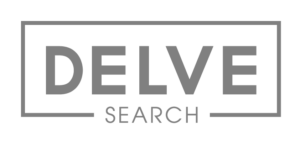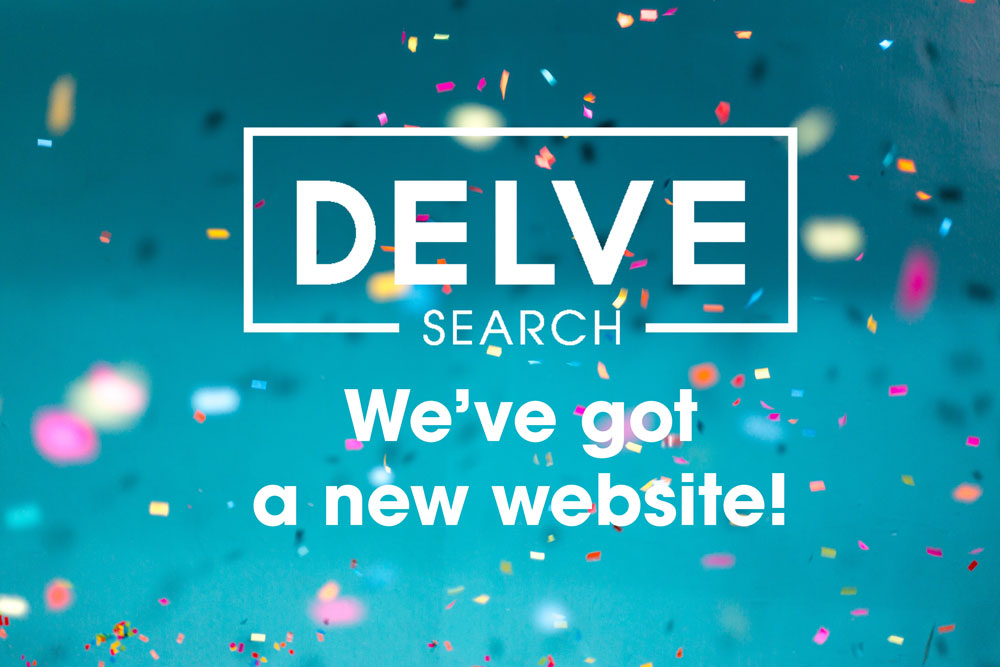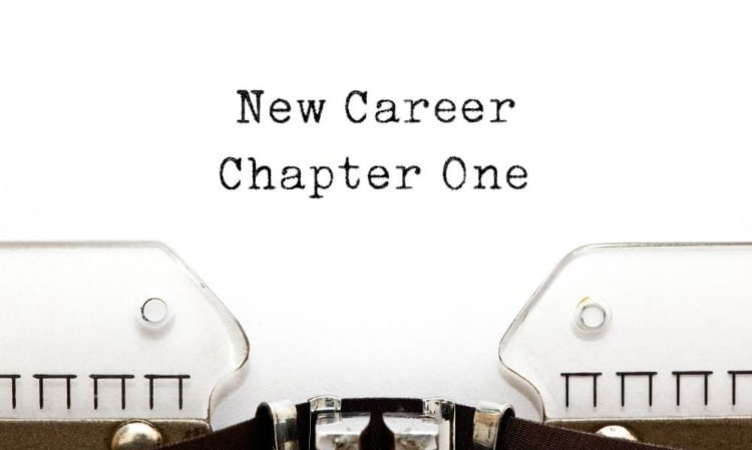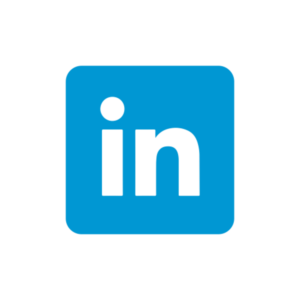Best practice interview prep
Sometimes the big obstacle can be getting the interview in the first place, but now you have one or maybe multiple interviews lined up, what is the best way to give yourself the maximum chance of getting the job? Here are our key pointers, based on our experience over the years, to help give you the best chance…
Preparation is key – The age old ‘fail to prepare, prepare to fail’. It may sound so obvious, but I can’t stress how important it is to research the company so you can answer the almost guaranteed question of ‘what do you know about us?’ Use the information to think about why you want the job too, employers tend to want to know what has drawn you to their company.
Check the route – Even do a trial run if required, and check there are no issues with the roads on the day. If something unexpected does arise, make sure you have the contact number of the company or recruitment consultant in your phone to call ahead in a worst-case scenario.
Wear appropriate interview clothing – Unless told otherwise, always go in smart wear. In some instances, it may be relevant to wear casual wear dependant on the role, but you are better to be overdressed than underdressed! This may seem obvious, but I’ve seen people turn up in casual wear despite being advised that smart wear is appropriate, and it will usually be a dealbreaker from a first impressions point of view.
Attitude – Many companies we work with will hire on attitude rather than putting skills first, so how you come across based on your attitude, work ethic, body language and interpersonal skills can be more important – you can teach skills, but you can’t teach a good attitude…remember to smile!
Ask questions – This shows you are interested in what they do as a company and gets the conversation flowing in terms of what is familiar to you, from a transferability point of view, or what is new, to show interest. Also, be verbal on company/shop floor tours. Remember, this is a two-way assessment, you need to make sure you have the information you need to decide if it is the right fit for you not just the other way around.
Avoid being negative about previous employers – We all have our own reasons for leaving a company, just make sure it is delivered in a way that doesn’t come across negative to a future employer. In life there are always positives that come from negatives so focus on the positives e.g., the new skills learnt.
Avoid asking directly about salary – It can come across that motivations perhaps aren’t aligned, plus you should have this information from the recruitment consultancy in advance. If the interviewer asks the question though, have the conversation and answer with honest expectations, don’t let it catch you off guard.
At Delve, we work closely with our clients to be able to support our candidates as much as possible about what to expect in terms of the interview format etc but also crucially gather feedback post interview. If you feel like you haven’t got the information you need, don’t be afraid to ask!
For further information contact Louise Shorrock, Client Manager at Delve Search via LinkedIn or email.
Share This Blog
Recent Articles
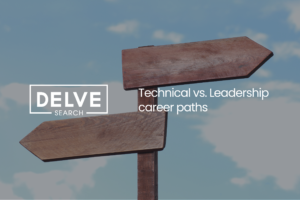
Technical vs. Leadership career paths

The hidden engine of Germany’s innovation: Why the future of engineering relies on a proactive approach

Networking Tips for Semiconductor Professionals in Europe

Key workforce challenges in the Advanced Engineering sector

Breaking into the Semiconductor Industry: Tips for engineering graduates

